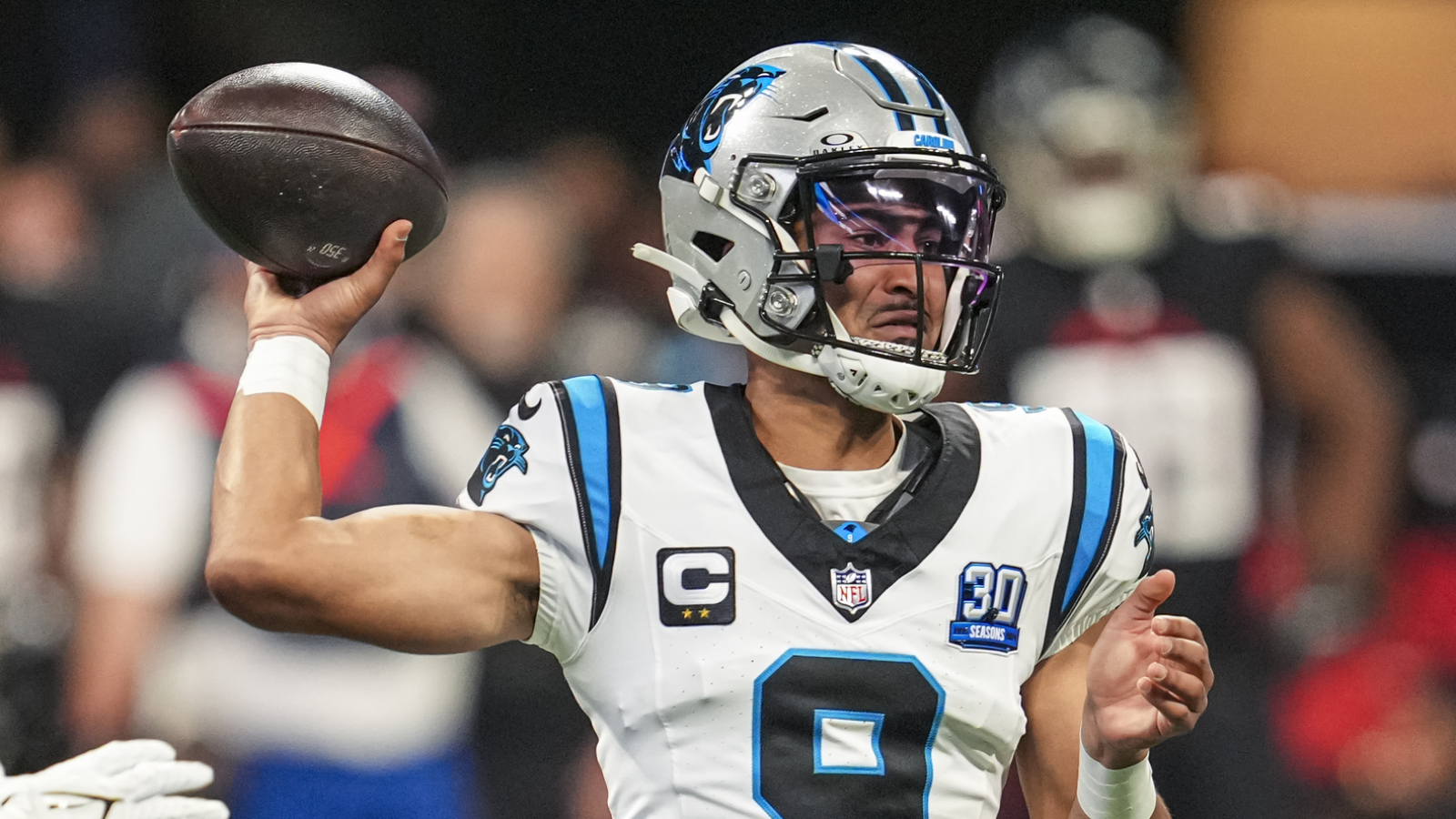The ongoing discussion surrounding NFL quarterback contracts often draws parallels to past successes, yet the situation for Carolina Panthers quarterback Bryce Young starkly contrasts with the swift extension granted to Patrick Mahomes after his early career triumphs. This critical distinction was recently highlighted by Panthers executive vice president Brandt Tilis, who brings unique insight from his time with the Kansas City Chiefs’ front office regarding NFL extensions.
Tilis was instrumental in negotiating Mahomes’ monumental $450 million contract extension, a deal secured after Mahomes’ impressive third season culminated in a Super Bowl victory. For the Chiefs, the decision was clear-cut; Mahomes’ rapid ascent and undeniable impact on the team’s success made his long-term future an easy commitment, establishing a clear precedent for elite NFL extensions.
However, Tilis candidly admitted that Young’s current trajectory in no way mirrors the certainty Mahomes exhibited. Unlike Mahomes, who led his team to an AFC Championship in his second year, Young’s rookie campaign saw him benched in Week 3, only regaining starting duties due to an injury to Andy Dalton, underscoring a far less straightforward development path for the young Carolina Panthers signal-caller, impacting potential Bryce Young contract talks.
Despite the initial struggles, Brandt Tilis expressed optimism, calling Young an “ascending player.” Yet, he tempered expectations regarding contract talks, emphasizing that Young’s immediate focus must remain on his on-field performance and development. The executive’s cautious stance suggests a belief that dedicated attention to football will naturally lead to favorable contract discussions down the line, a standard approach for NFL player development.
Bryce Young’s contract prospects are further shaped by his statistics over his first two seasons—5,280 passing yards, 26 touchdowns, 19 interceptions, and eight lost fumbles alongside six rushing scores—do not, at first glance, scream “immediate extension.” While these numbers may not warrant a hasty deal, they also don’t necessitate moving on from him, indicating a need for continued evaluation.
The Carolina Panthers’ prudence might also be informed by other teams’ experiences, such as the Indianapolis Colts’ decision with Anthony Richardson. Despite Richardson’s standout college performance and promising start with the Colts, general manager Chris Ballard has expressed “regret” over rushing the young NFL quarterback into a starting role, revealing the potential pitfalls of premature expectations.
Richardson’s professional journey has been plagued by injuries and a challenging adjustment to the professional game, leading to a competitive situation for his starting role. This scenario highlights the delicate balance between high draft expectations and the essential time required for comprehensive NFL player development, complicating the Colts’ efforts to unlock Richardson’s full potential while maintaining his confidence.
The contrasting situations of Patrick Mahomes, Bryce Young, and Richardson offer a vital lesson for NFL extensions and team management: patience and realistic assessment are paramount when nurturing young talent, particularly at the NFL quarterback position. While the pressure to play high draft picks is immense, allowing players the necessary time to develop fully can prevent future regrets and secure long-term success for franchises like the Carolina Panthers.






Leave a Reply